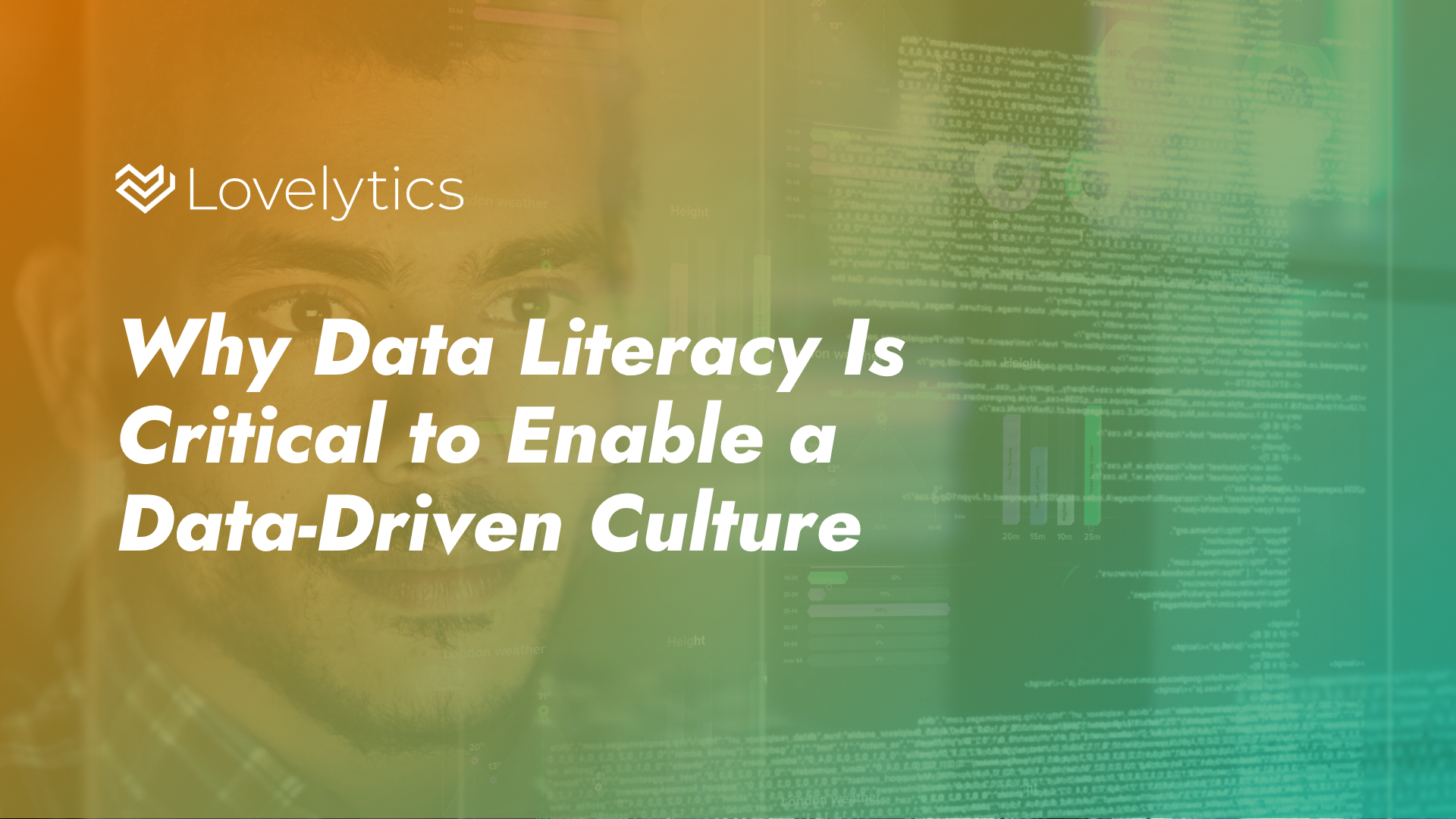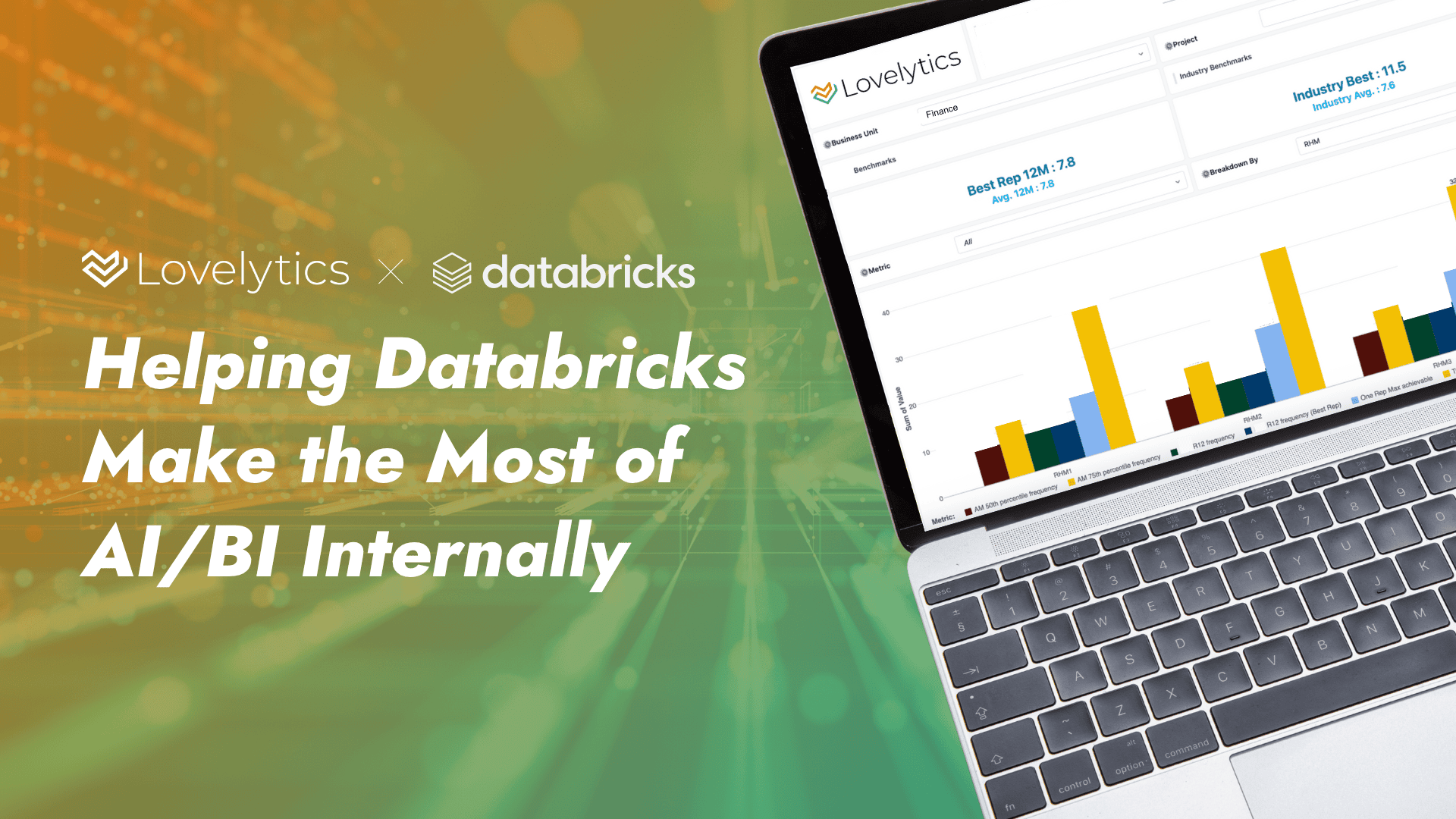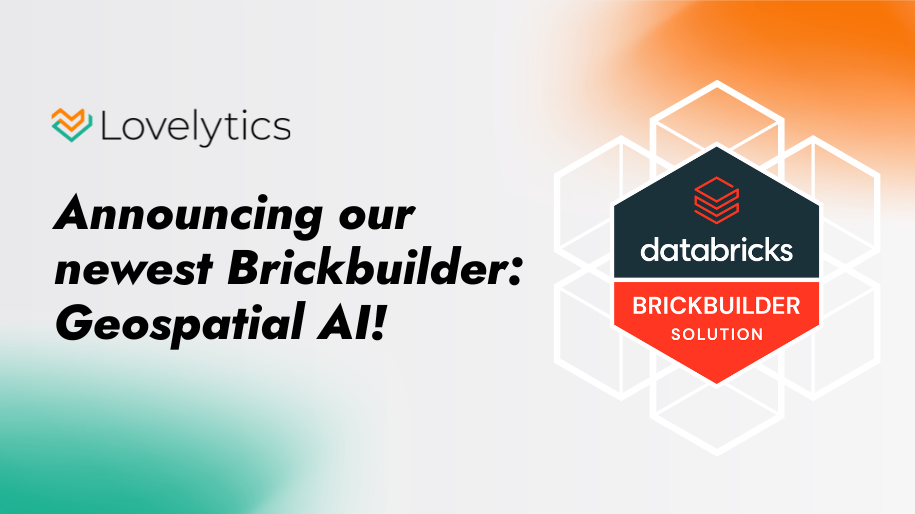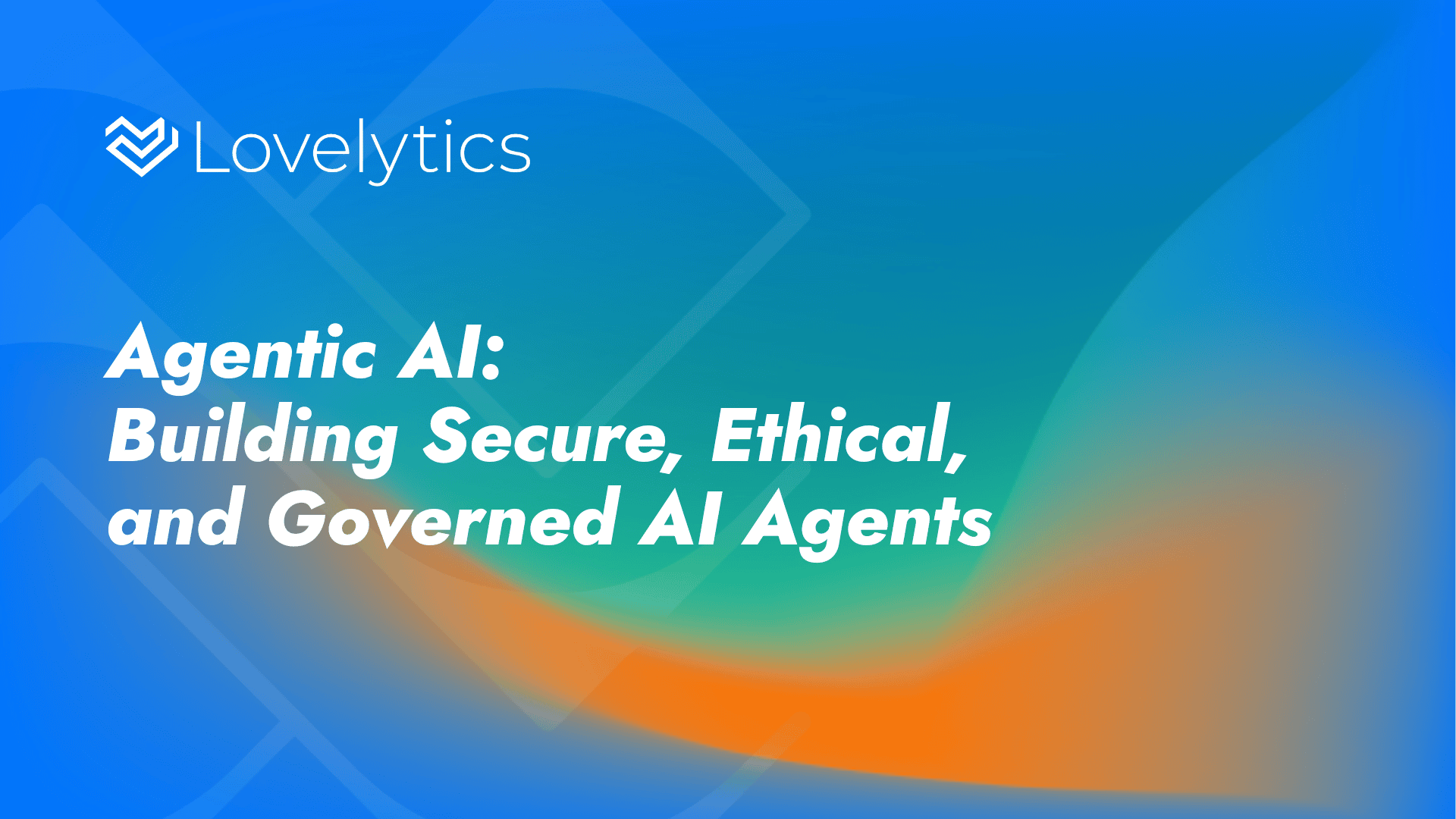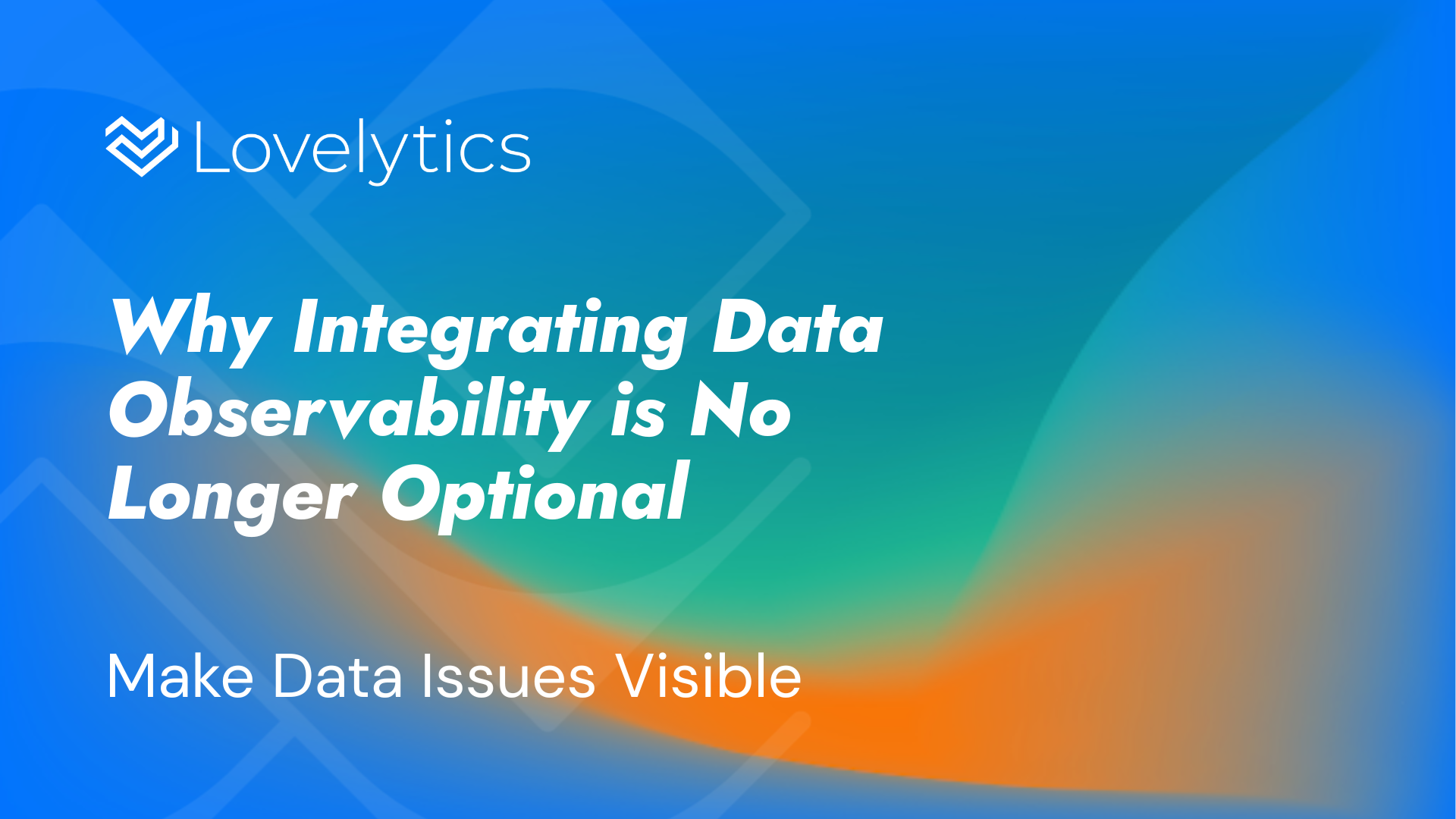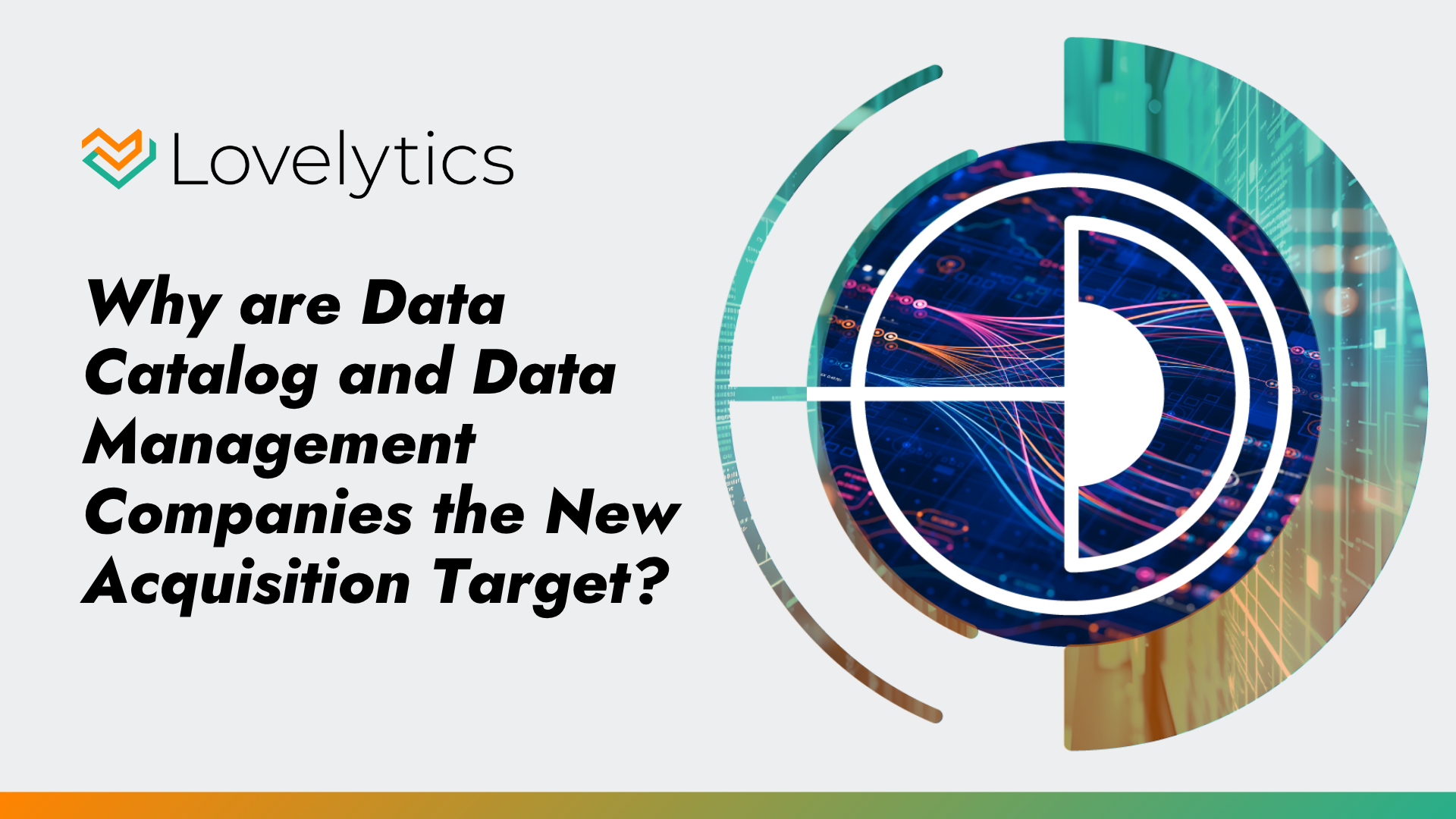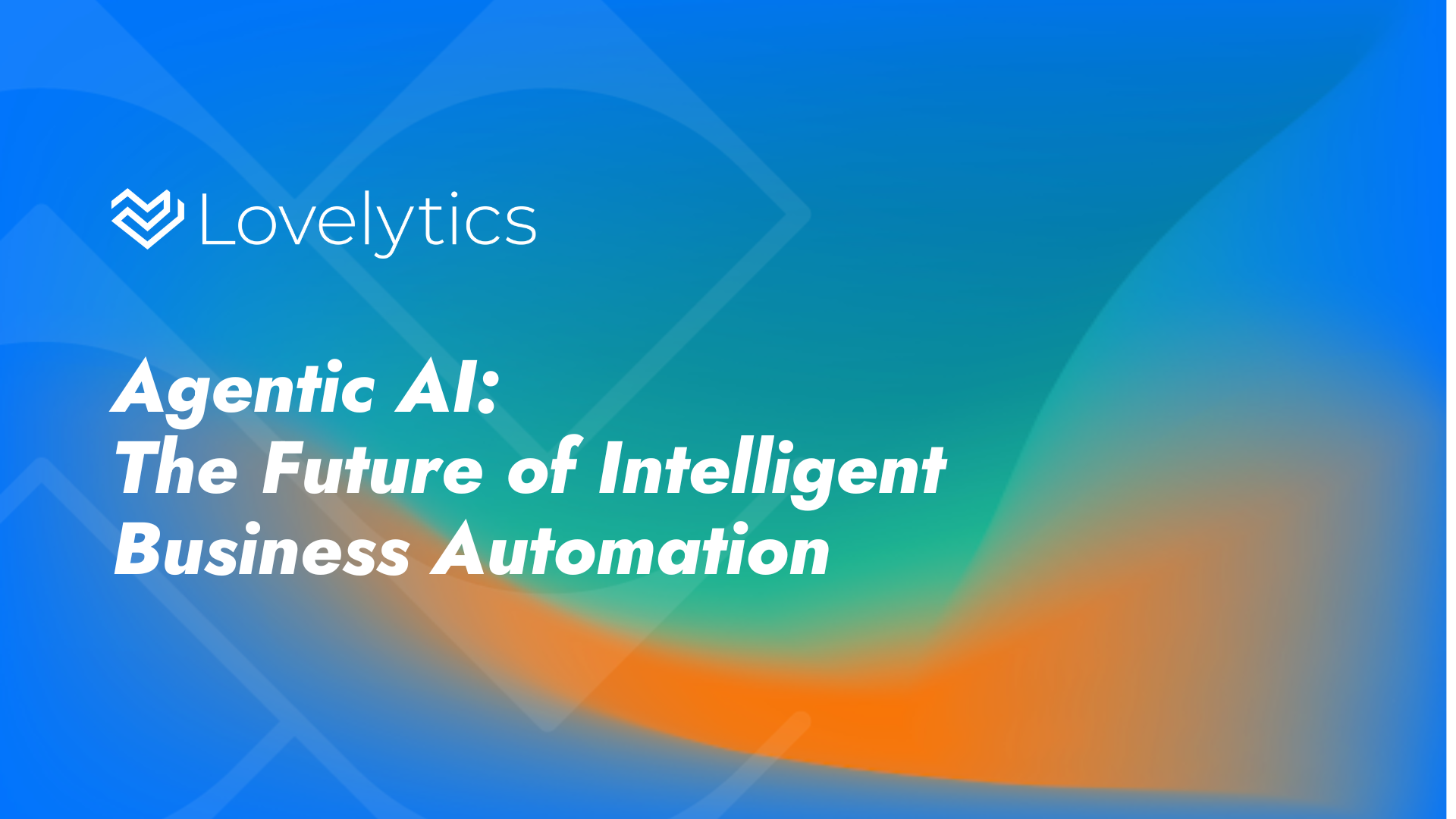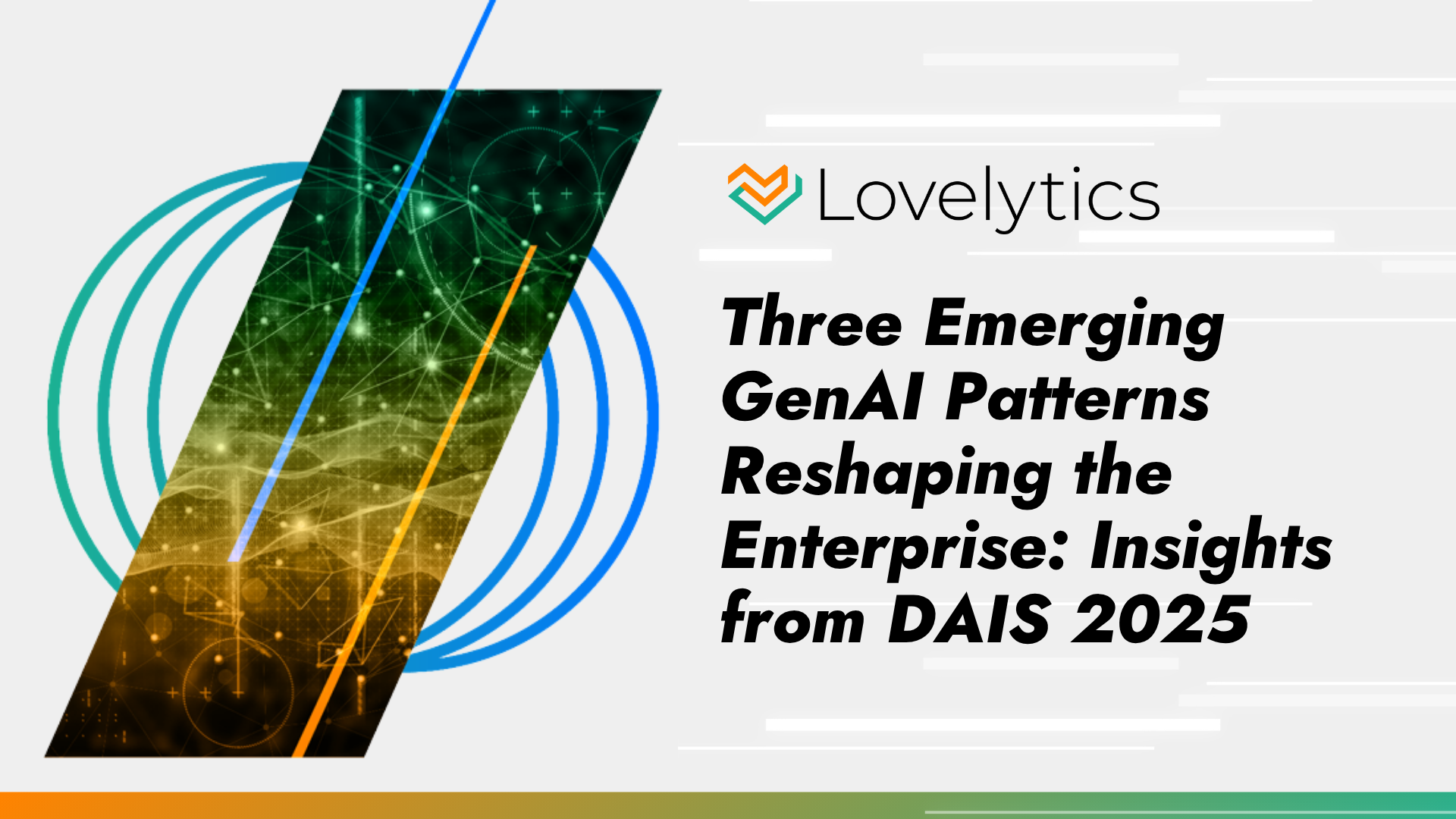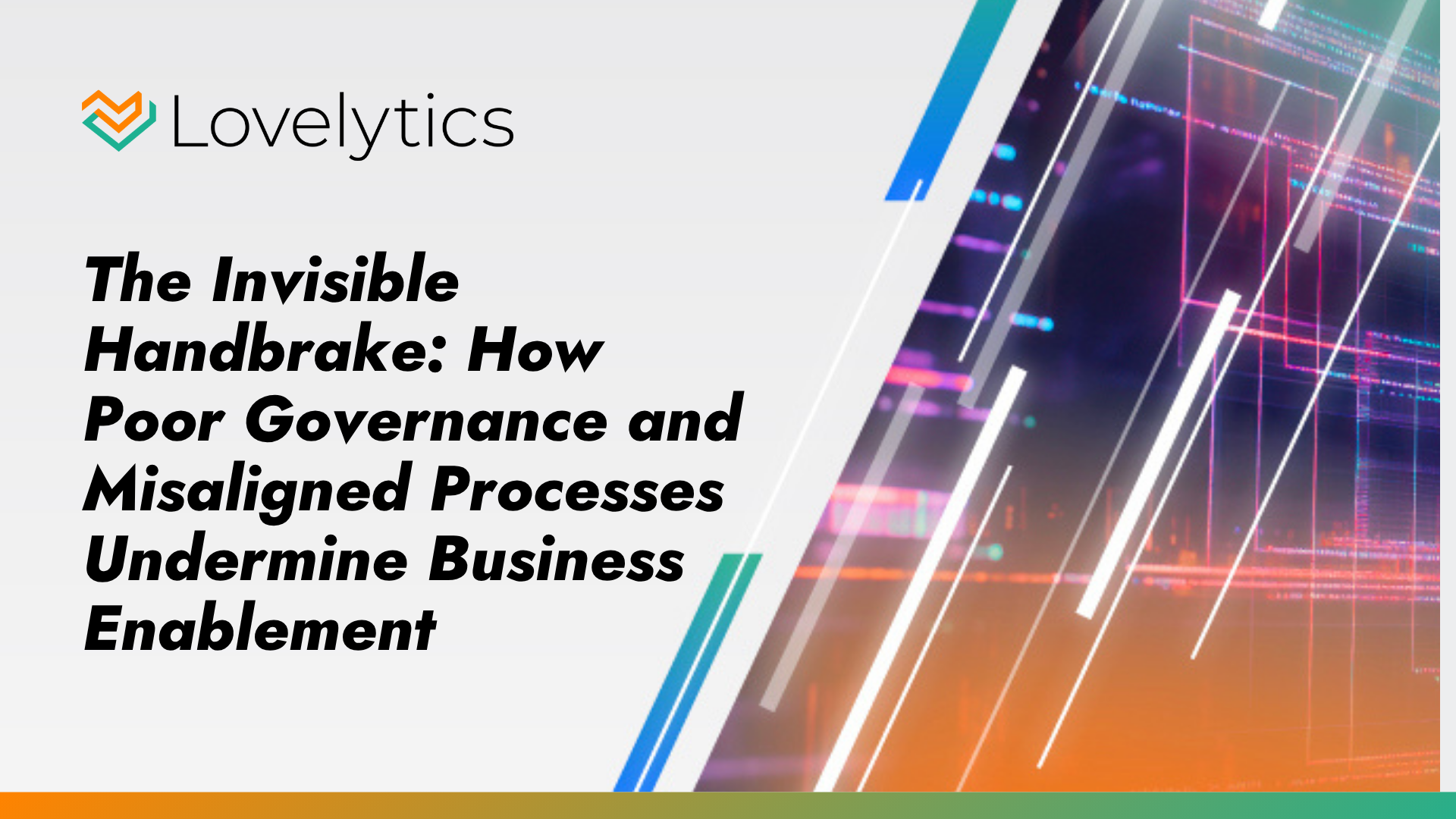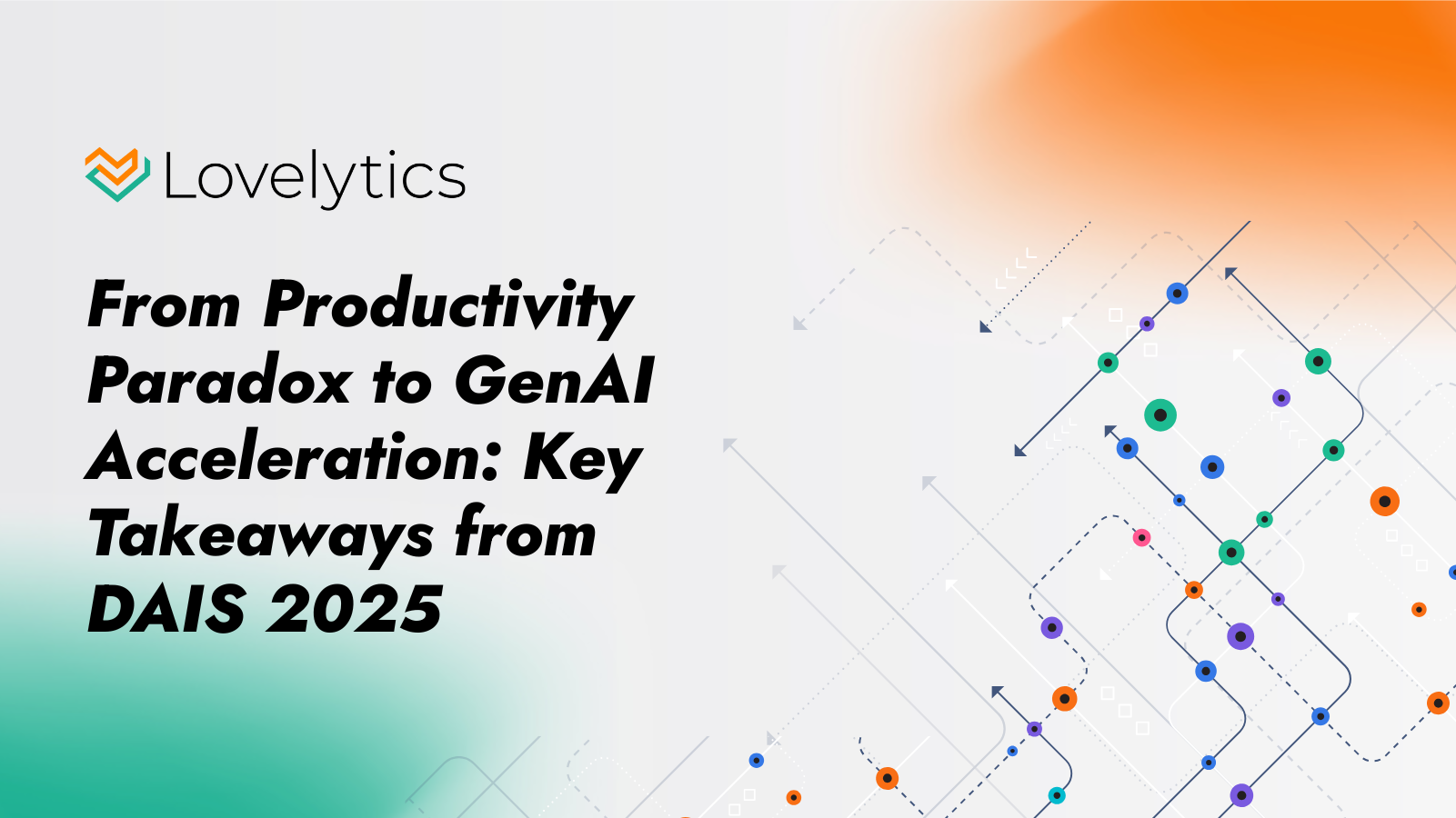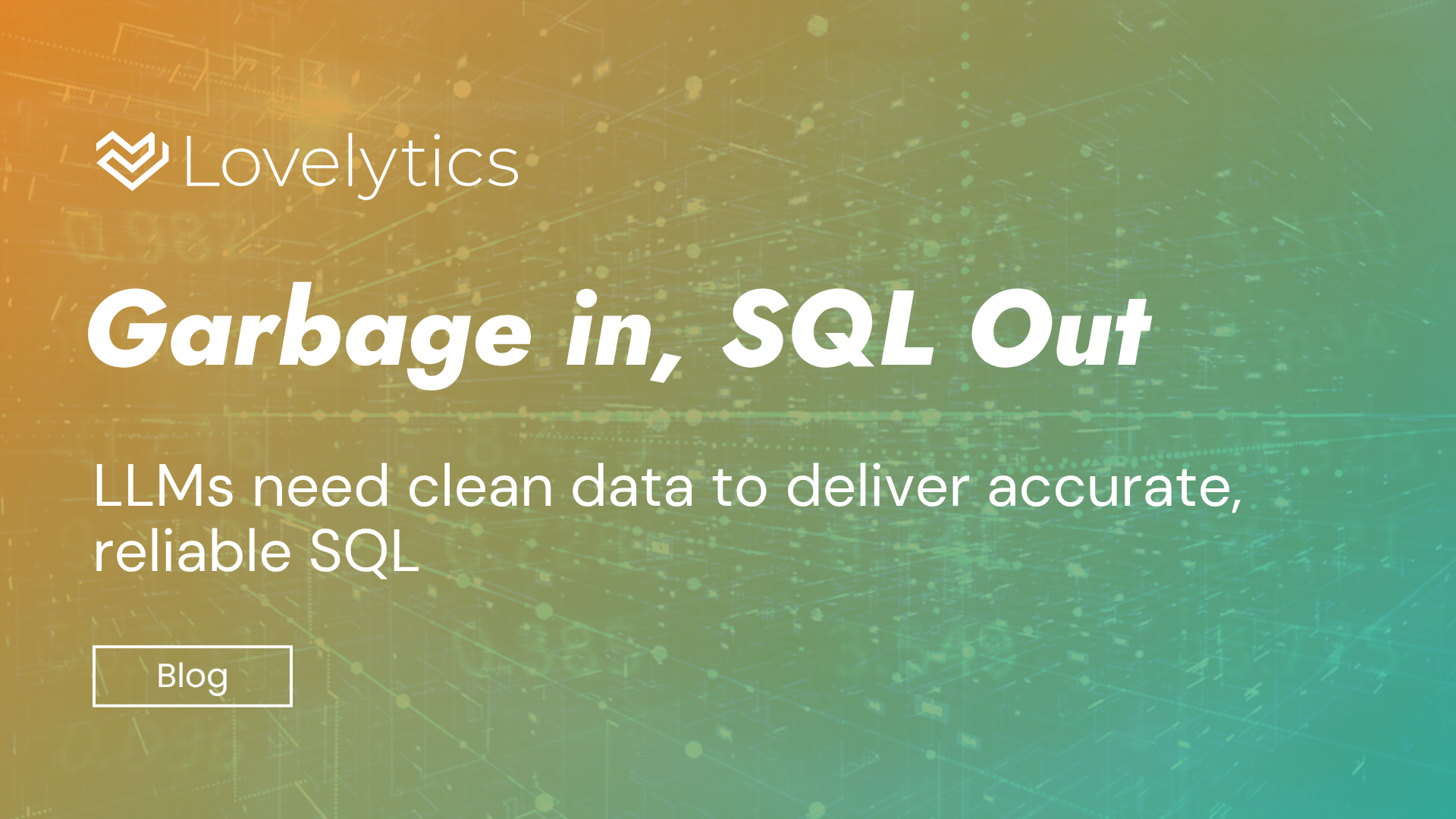In the age of digital transformation, nearly every organization I have encountered in practice has expressed a desire to be “data-driven”. But there’s a critical ingredient that’s often overlooked in the race for analytics tools, dashboards, and AI: data literacy.
Data literacy is simply defined as the ability to read, work with, analyze, and communicate with data. It is not only a technical skill. It is a cultural enabler. Without it, even the most sophisticated data infrastructure can fail to deliver value.
Here is why building data literacy across your organization is essential to driving a data-driven culture.
Data Culture Starts with People, Not Tools
It’s easy to assume that buying the latest analytics platform or hiring a team of data scientists is enough to spark a data revolution. But unless your broader workforce understands and feels confident using data, those investments won’t scale. Organizations often fail to realize that installing the latest and greatest technology does not ensure magical data success stories.
A data-driven culture is one where employees at all organizational levels and functions routinely use data to inform decisions. This can only be possible when people feel empowered and equipped to interpret and question the data they’re working with.
Data Literacy Builds Trust in Data
One of the biggest barriers to data adoption is a lack of trust. When employees don’t understand where data comes from, how it’s defined, or how to interpret it correctly, they’re far more likely to misinterpret it, which could be incredibly harmful or expensive to an organization.
A strong data literacy foundation demystifies data. It gives people the confidence to ask questions, challenge assumptions, and make better decisions. It transforms data from potentially intimidating to empowering.
It Breaks Down Silos and Enables Collaboration
Often, different departments often speak different “data dialects.” Data literacy helps create a common language across the organization. When everyone understands basic data concepts like which metrics are important to review on a dashboard or how to interpret a trend line, it makes collaboration easier and more effective.
It Fuels Innovation and Proactive Decision-Making
A data-literate workforce doesn’t wait for analysts to hand them reports. They explore, ask questions, and seek insights on their own. This intellectual curiosity is incredibly powerful. It drives innovation, faster decisions, and a culture where people are constantly seeking ways to improve. Data-literate employees often have the ability to anticipate problems and effectively use data to solve them.
Data Literacy Is a Competitive Advantage
Organizations with strong data literacy outperform those without. They’re more agile, more efficient, and more resilient in the face of change. Whether it’s responding to market shifts, enhancing customer experience, or optimizing business processes, data-literate teams operate faster and smarter.
So, How Do You Build Data Literacy?
Here are a few practical steps:
- Assess your current state. Start by identifying data literacy gaps across teams and roles.
- Tailor training to your audience. Not everyone needs to become a data scientist. However, everyone should know how to interact with a data visualization and ask questions about data relevant to their role.
- Celebrate data wins and keep score. Highlight examples of data being used well as this reinforces positive behavior. Also, design some key metrics to show how data literacy is impacting key operational results.
Provide accessible resources. Create business glossaries. Catalog your data assets and use better software tools that bring metadata directly to the user, instead of hoping the user will find the metadata they need. Publish data quality scores and data freshness updates.
Final Thoughts
Data literacy isn’t just an initiative or a desired outcome, it is a cultural mindset. The more confident your people are with data, the more successful your organization will be in creating a truly data-driven culture that will enable smarter decisions, be more nimble, and lead in your industry. Start by investing in the people behind the data.

